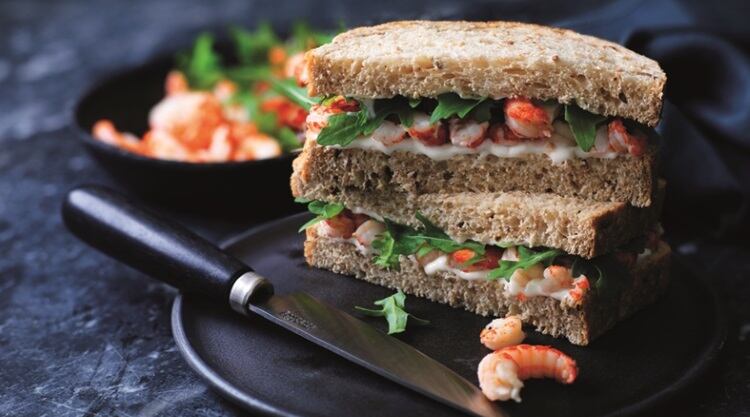Speaking to Food Manufacture, Greencore’s chief financial officer Eoin Tonge said the company would be keeping its focus on the UK, particularly food-to-go.
“It has been an eventful year for us, with massive organisational change and the disposal of our US business, but we’ve ended the year strongly,” said Tonge. “Our primary focus now is doing more in the areas we’re currently in. We’re not actively chasing businesses right now.”
Food-to-go focus
In its results for the year ended 28 September 2018, Greencore reported a 4.2% rise in group revenue, while pre-tax profit rose from £15.8m in 2017 to £17.8m this year. The majority of the business’ success has come from food-to-go, an area Tonge said Greencore wanted to grow in. “An area of opportunity for us is scaling up in the categories we are already present in. There has been a proliferation of snacking throughout the day, and we need to take advantage of this opportunity. We’re also less big in salads and ready meals, so there’s opportunities there as well.”
In November, Greencore finalised the sale of its US business to Hearthside Food Solutions for US$1.1bn. Tonge said this would have a significant impact on the business’ 2019 financial results. “There will be quite a profound effect – it was sold for $1.1bn which will help pay off debt in the business. We’ll also be moving from a bigger cost base to a smaller one which will also have an impact,” he said.
He added that some of the money raised from the US deal would be used to buy back shares in the business during the first quarter of 2019.
Brexit dilemma
Tonge said the nature of the Greencore business, which focuses on fresh produce, meant it couldn’t stockpile products in the same way an ambient product manufacturer does. “It’s not as straightforward for us, as we can’t build stockpiles of fresh produce. Instead, we have contingency plans that enable us to substitute products if we are faced with a border situation coming out of Brexit, but these plans are already in place for other situations where supply might be compromised. But the whole stockpiling situation has been overblown in some cases; there may be some short-term delays, but this won’t last.”
One benefit that Greencore has seen is that it is Brexit-ready, although Tonge insisted this was purely coincidental. “We started an organisational change process two years ago and we’re now seeing the culmination of that. It does see our business going into Brexit in a strong position, but that wasn’t our intention at any stage.”
Shift change
During the year, Greencore also announced a move away from long-life ready meals in favour of fresher offerings, which involved the closing of one of its Kiveton sites in Sheffield. Tonge said this was done to respond to consumer demands. “It’s had quite a significant impact. Long-life ready meals are very good from a technical perspective compared to fresh, but they are going against the trends of consumers wanting fresher products. Creating this shift has had an impact on the investments we’ve made, as well as the staff at that site.”


